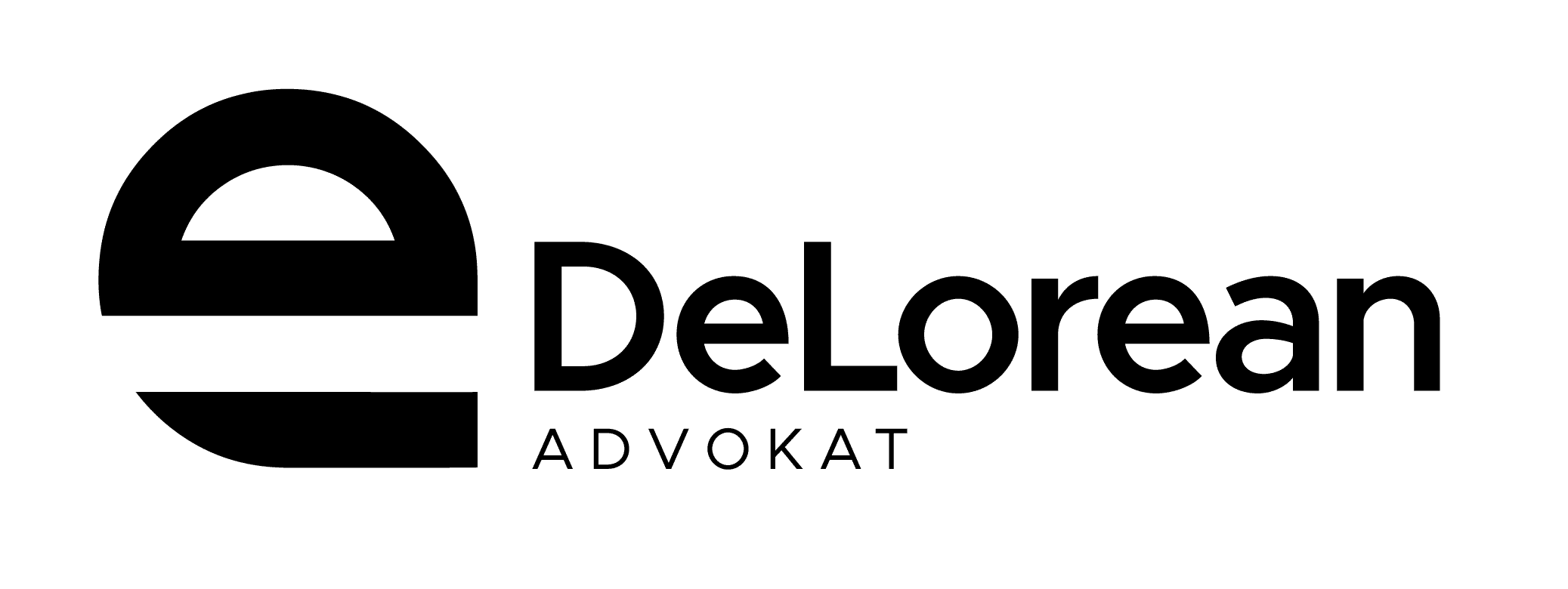Tobacco company is banned from sponsoring music festivals
Tobacco company is banned from sponsoring music festivals
The Patent and Market Court finds that an agreement, the purpose of which was to promote a company’s sale of tobacco products at festivals, constitutes sponsorship. As the sponsorship of tobacco products is prohibited, the court issues a ban accompanied by a fine for the company to continue with the action.
The company JTI Sweden manufactures and sells tobacco products to various retailers. In June 2018, JTI enters into a cooperation agreement with the company Luger, which organizes music festivals in Sweden, whereby JTI is given an exclusive right to market its products at Luger’s events. The consumer ombudsman believes that the agreement contravenes the sponsorship ban in ch. 4. Section 8 of the Act on Tobacco and Similar Products (Tobacco Act) and is therefore not permitted. The ombudsman is therefore suing JTI at the Patent and Market Court (PMD) demanding that JTI, at the risk of a fine, be prohibited from sponsoring the festivals. JTI, for its part, believes that it is not a matter of sponsorship, as Luger is obliged to undertake certain counter-performances according to the agreement.
The court thus has to decide whether the collaboration between JTI and Luger is to be seen as sponsorship according to ch. 4. Section 8 of the Tobacco Act or not. The provision stipulates that manufacturers and wholesalers of tobacco products may not sponsor events to which the public has access. However, there is no definition of what is to be considered sponsorship in the law. According to the PMD, however, the Tobacco Act must be interpreted in accordance with the EU-issued Tobacco Advertising Directive, which stipulates that any form of public or private contribution is covered. The court thus states that the term should be given a broad meaning. It is also noted that a contribution does not have to be made without a demand for compensation in order to be seen as sponsorship according to the directive; JTI’s objection that the agreement does not constitute sponsorship as Luger is obliged to take counter-performances is therefore irrelevant.Although the Tobacco Advertising Directive advocates a broad interpretation of the concept of sponsorship, the Court does not consider that every form of financial gain that an organizer of an event receives through the marketing of tobacco products should be covered. Instead, PMD believes that an assessment must be made from situation to situation.
According to the court, it is clear in the case that JTI paid marketing contributions to Luger on four occasions during 2019.The agreement stipulates that such contributions shall only be paid if Luger fulfills all commitments agreed upon by the parties. Agreed commitments include Luger only selling JTI’s products at their festivals and giving them good exposure at points of sale and in vending machines. Furthermore, the agreement gives Luger a right to the profit from the sale of JTI’s products at the festivals. PMD submits that the right to profit from sales may be an arrangement whereby Luger acts as a retailer of JTI’s products and therefore does not qualify as sponsorship. However, the marketing contribution may constitute sponsorship according to the court.
Despite several marketing grants being paid, JTI claims Luger has not fulfilled all of its obligations under the agreement. It is therefore believed that several of the measures that could be considered sponsorship were never carried out. The court states that there is insufficient evidence to determine for sure whether this is the case, but notes that according to the preparatory work for the Tobacco Act, it is sufficient that the purpose of a measure has been to promote the sale of a tobacco product. In the case, the court considers that the marketing contribution was in any case an incentive for Luger to only sell JTI’s tobacco products at the festivals and to ensure that the products are displayed. The court’s assessment is therefore that the agreement was meant to promote the sale of JTI’s tobacco products by contributing to visitors’ exposure to these in a way that would not otherwise have happened. Overall, PMD therefore considers that the agreement between the parties constitutes sponsorship, which is why it contravenes the sponsorship ban.
The court states that contributions that contravene the sponsorship ban are to be seen as improper marketing according to Section 6 of the Marketing Act. It therefore issues a prohibition accompanied by a fine for JTI to continue with the marketing measures under the agreement with Luger. Furthermore, the court states that the public interest in market law prohibitions being followed is significant and that the purpose of the prohibition in the case is public health protection.

